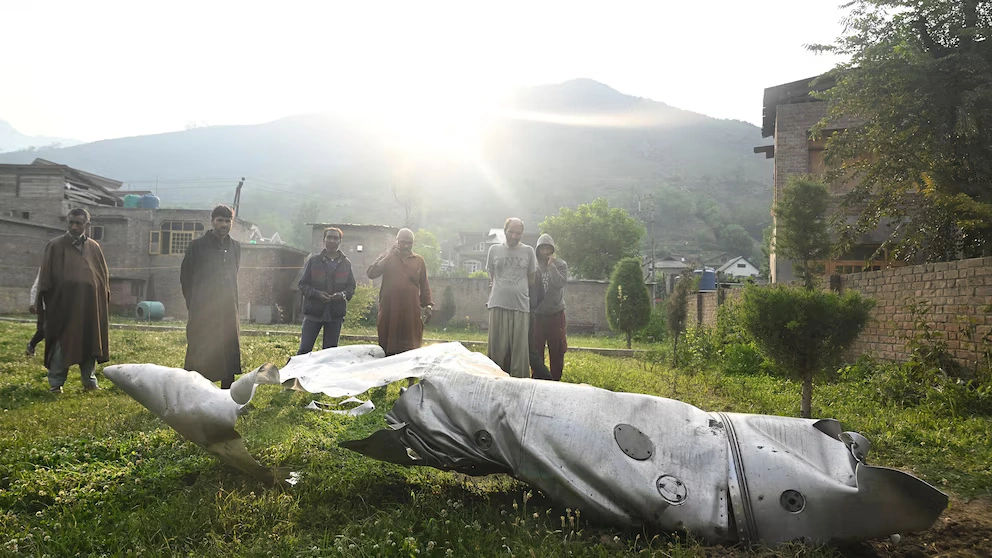As the nuclear level Indo-Pak standoffs hit a dangerous dance on Wednesday, Pakistan warned of a ‘present and irrefutable’ nuke war threat from India. After the Indian missile strikes, Pakistan has vehemently objected to what it saw as an Indian war against around 31 civilians on its soil.
Indian Strikes and Pakistani Losses
India said it had carried out two strikes—Battle code as “Operation Sindoor” on what it described on Wednesday as terrorist infrastructure in Pakistan and Pakistan-administered Kashmir. India said that they were in retaliation for a week-long terrorist attack in Pahalgam, JK — killing 26 tourists. Media reports: Pakistan’s military reports said Indian cruise missiles were shot down in areas with high civilian casualties, including mosques, killing 31 civilians (including women and children) and wounding dozens more.
Also check:- Fire on the Line: Pakistan’s Response to Indian attacks and what is to come
Nuclear War Threat Issued
Reports of launched attacks and casualties have followed the strikes, with Pakistan’s Defence Minister, Khawaja Asif, saying over the radio that the world “is faced with a ‘clear and present’ nuclear danger from India. Pakistan has vowed reprisal for the number of dead and perceived violation of its sovereignty; it claimed a right to defend itself on a time, location, and scale of its choice.
Stalemate Rising Tensions and International Alarm
Adding to an already nasty relationship between India and Pakistan, the incident crossed the threshold of confrontation that had not been seen. The incident is also causing alarm among the international community, as global leaders and institutions call for all sides to show restraint and lower the temperature around the conflict before it spirals into a much bigger war, with unforeseeable outcomes. There has been heavy shelling even across the LoC (Line of Control), which divides Kashmir since the Indian strikes.
The situation is volatile as the international community eyes happenings and puts pressure on both sides to de-escalate through diplomatic means to avoid a further dangerous spike.


